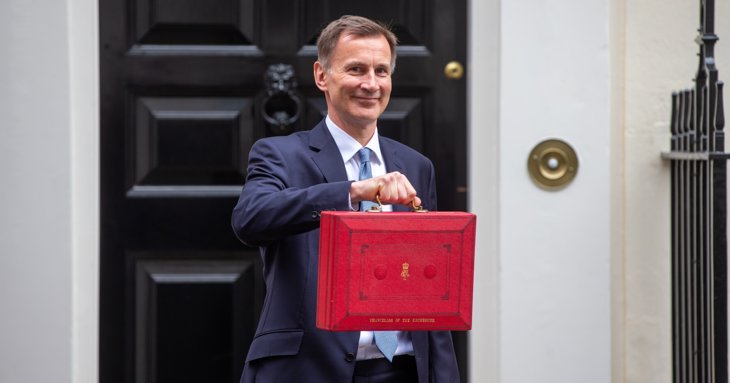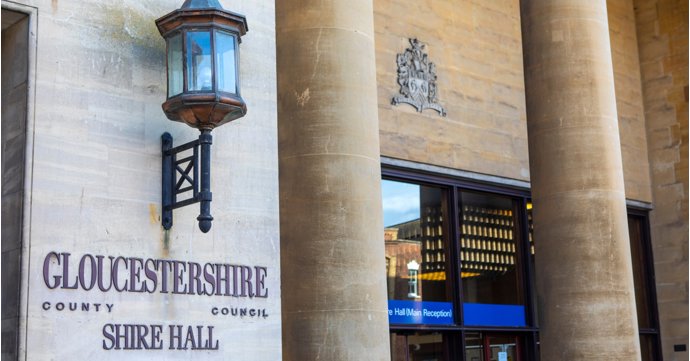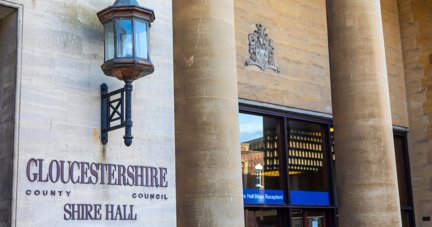The speech has been delivered and the cameras are off — and now the county digests Jeremy Hunt's newly announced budget for the 2024-25 fiscal year.
SoGlos spoke to some key Gloucestershire businesses to gauge their reactions to the highs and the lows of this year's Spring Budget...
National Insurance reduction and interest rates
David Butler is a partner and office lead at accountancy firm, Bishop Fleming, in Cheltenham. He said: 'The big headline was the 2p cut in National Insurance, and this was no surprise to anyone.
'However, Jeremy Hunt still managed to come up with a few tax cuts that we were not expecting. Overall, this is a budget that is aimed at the individual voter and so there is a not a lot in there that will help Gloucestershire businesses.'
Finance and mortgage advisors, Ashbridge Partners, has offices in Stow-on-the-Wold. Mark Ashbridge, managing director, commented: 'We are supportive of the chancellor’s decision to reduce National Insurance by two per cent as a means of stimulating activity in the economy and improving the UK’s productivity. However, we also recognise that the chancellor has limited fiscal headroom for manoeuvre and, as such, there is a limit to what he can do.
'The impact of the Spring Budget on the finance market is likely to be limited on people’s cost
of borrowing and will not materially change the prospect for inflation and interest rates. Since the new year, we have seen residential mortgage
rates fall below four per cent, although more recently they have edged up in response to rising SWAP rates. However, we expect that the next
quarter will bring a return to the sub-four per cent rates as inflation falls and
central banks become more confident that they have inflation under control.
'Our own interactions with clients and their businesses illustrate how they are more cautionary on spending, reducing costs where possible and feeling the impact of higher energy and mortgage costs as contracts and mortgages are renewed. For example, 1.5 million households are coming off historically low fixed rates this year and will see their annual interest costs double in many cases.'
Simon Warne is a partner at Crowe UK accountancy firm in Cheltenham and said: 'The background of low growth, stubborn inflation and high borrowing were always going to constrain any political impulse to make this a pre-election budget to remember. The outlook for the next chancellor also seems to be about as bleak as any since the 1950s, with stagnation of living standards and an overall tax level of 36.3 per cent — almost a post-war high.'
VAT and Child Benefit threshold increases
Nick Haines is a partner at Hazlewoods accountancy firm in Staverton and said: 'There was some relief for those with
children, with a raising of the threshold at which child benefit is tapered,
from £50,000 to £60,000 and a taper period that will increase from £10,000 to
£20,000. The intention is to ultimately move this to a household income basis,
rather than in respect of the higher earner, but that is likely to be some way
off.
'For smaller businesses, an extension to the VAT registration threshold from £85,000 to £90,000 will be welcome, but not earth shattering.'
Agricultural property tax relief extension and abolition of holiday lets tax relief
Country Land and Business Association (CLA) has 700 members in Gloucestershire and works to support landowners and their businesses. CLA president Victoria Vyvyan said: 'The CLA is pleased the government has listened to our calls for agricultural property relief to be extended. This is welcome news and will help farm businesses deliver environmental benefits as well as food production.
'But it’s not all good news. Rather than helping the tourism sector by permanently reducing VAT to make rates internationally competitive, the chancellor is squeezing holiday let owners and stifling businesses that create jobs and support the rural economy.
'The current tax rules for Furnished Holiday Lets provide a crucial support mechanism, strengthening the resilience and viability of many farms and rural businesses that, in turn, enables them to invest in their work looking after the environment and feeding the nation. Abolishing the tax relief shows a disregard for small rural businesses that often have narrow margins and face a constant need to reinvest.'
Higher rate capital gains tax and non-dom tax status
Nick Haines of Hazlewoods commented: 'In an attempt to appease residential property owners, the higher rate capital gains tax is to reduce from 28 per cent to 24 cent from Saturday 6 April 2024.
'The next relief to fall was that for non-doms. The new legislation will focus on applying a residency test only. For new
arrivals in the UK from April 2025, no tax will be paid on foreign earnings,
even if brought into the UK, for four years — after which they will pay tax on
all foreign earnings, on an arising basis. For existing non-doms, transitional
rules will apply for two years from the same date.
'The changes will make for a much simpler tax system and, indeed, may encourage new arrivals to bring monies into the UK during that four year "grace period" which of course, will be one of the key objectives for the government, to help drive growth.'




















